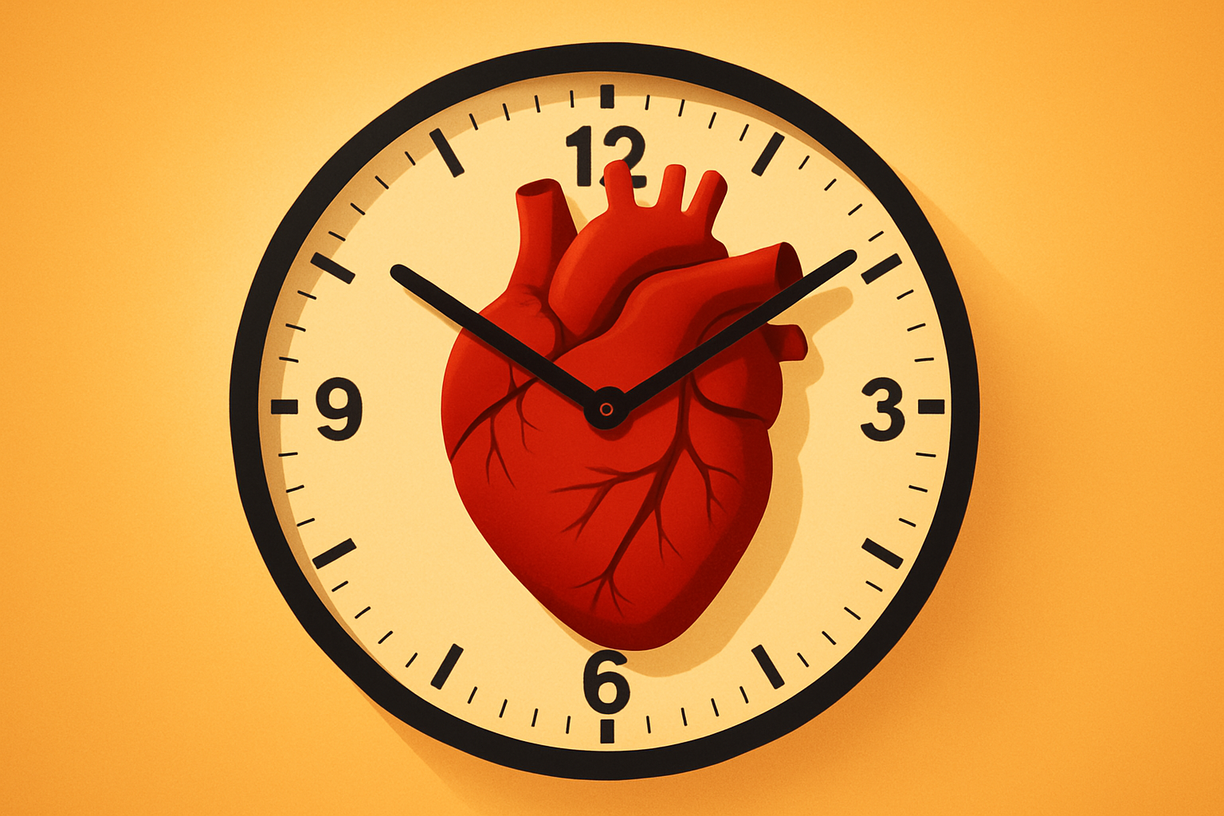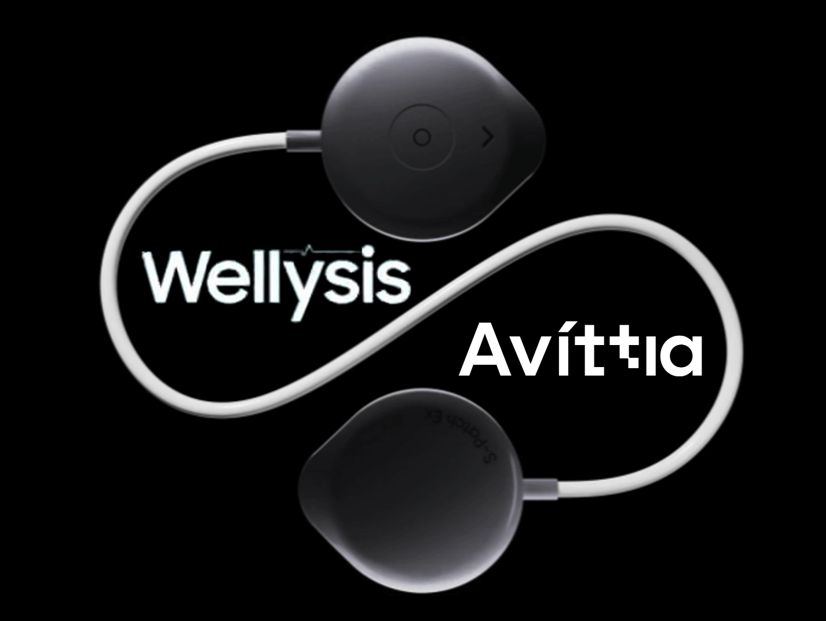The Golden Hour for the Heart: Why Every Minute Counts During a Heart Attack

A heart attack — or myocardial infarction — is one of the most critical medical emergencies, both for patients and healthcare professionals. Every minute without treatment increases the risk of irreversible heart damage or even death. That’s why the so-called “Golden Hour” — the first 60 minutes after symptoms begin — is crucial for survival.
Understanding a Heart Attack
The heart is a muscle that works tirelessly to pump blood and oxygen throughout the body. When blood flow to part of the heart is blocked due to a coronary artery obstruction, the heart tissue begins to die — this is a heart attack.
Symptoms like chest pain, shortness of breath, or discomfort radiating to the shoulders, back, or jaw may be early indicators. However, in women, older adults, and people with diabetes, symptoms are often atypical: fatigue, indigestion, or dizziness.
20% of heart attacks are “silent,” with no obvious symptoms [7].
⏱ Why the Golden Hour Is Vital
The “Golden Hour” isn’t just a phrase — it’s a window of survival. Research shows that interventions during this time can increase survival by up to 70% [2], [3].
Every minute counts because the longer treatment is delayed, the more heart muscle is damaged. Within 80–90 minutes, irreversible tissue damage may begin [4], [8].
From Diagnosis to Treatment
Diagnosis is based on:
- ECG within 10 minutes [20]
- Biomarkers like troponin [19]
- Patient history and clinical presentation
Treatment includes:
- Medications (aspirin, heparin, nitroglycerin) [21], [23]
- Thrombolysis or immediate angioplasty with stent placement [22]
- Long-term therapy and lifestyle modifications [11]
Hospital care focuses on restoring blood flow, while post-care aims at preventing future events.
❤️ Prevention: A Mirror to Our Heart
Prevention starts with everyday choices:
- Quit smoking [12], [25]
- Exercise regularly
- Adopt a Mediterranean diet
- Monitor blood pressure, sugar, and cholesterol
- Schedule routine check-ups with your doctor
Community education and awareness can save lives. That’s why it’s vital to inform not only medical professionals but also the public.
A Life-Saving Message:
Know the symptoms, act fast, educate those around you. Because in a heart attack, time isn’t just money — it’s life.
References:
[1] Heart attack – Diagnosis & treatment – Mayo Clinic
[2] The First 60 Minutes of a Heart Attack: The Golden Hour
[3] Myocardial Infarction Medication – Medscape Reference
[4] What is an EKG | Unitek EMT
[5] Symptoms of a heart attack – NHS
[6] Acute Myocardial Infarction (MI) – Cardiovascular Disorders
[7] Warning Signs of a Heart Attack | American Heart Association
[8] Heart Attack, Stroke and Cardiac Arrest Symptoms
⚕️ IMPORTANT DISCLAIMER
The information contained in this article is provided solely for informational and educational purposes. It does not constitute medical advice, diagnosis, or treatment and should not be used as a substitute for professional medical evaluation. Always consult your doctor or other qualified healthcare professional for any questions or concerns about your health. Do not discontinue, change, or start any treatment without consulting your physician. The information may not be complete or current for your personal situation.
In case of a medical emergency, immediately call emergency services or go to the nearest hospital. This website and its authors assume no responsibility for any harm, loss, or complications that may arise from the use of this information. Each reader is responsible for their own health-related decisions. Individual results may vary, and you should always seek professional medical advice before making health decisions. This content is not intended to replace professional medical consultation. The information provided is based on general medical knowledge and may not apply to specific individual cases.
Read Also
